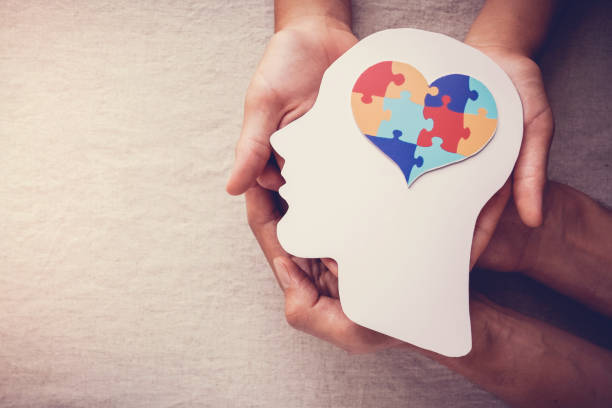Mental health myths: In the fast-paced world we live in, understanding mental health is more crucial than ever. However, misconceptions about mental health persist, leading to stigma and misunderstandings. In this article, we will debunk some prevalent myths surrounding mental health, providing clarity and fostering empathy.
Mental Health Myths
1. Myths: Mental Health Issues Are Rare
Contrary to popular belief, mental health issues are common and affect millions worldwide. Anyone, regardless of age, gender, or background, can experience mental health challenges.
2. Myth: Only “Crazy” People Seek Therapy
Therapy is not exclusive to individuals with severe mental illnesses. Therapy offers support and coping strategies for various mental health concerns, promoting overall well-being.
3. Myth: Children Cannot Have Mental Health Disorders
Children can and do experience mental health disorders. Early intervention and support are vital to helping children manage and overcome these challenges successfully.
If you or someone you know is struggling with substance abuse, seeking professional help is strongly advised. Call us or Book a Consultation.
4. Myth: Mental Illnesses Are Signs of Weakness
Mental health issues are not a sign of weakness. They are medical conditions that require treatment, just like physical ailments. Seeking help shows strength and resilience.
5. Myth: You Can “Snap Out Of” Mental Health Disorders
Mental health disorders are not a matter of willpower. They often require professional intervention, therapy, and sometimes medication for effective management.
6. Myth: Only Traumatic Events Trigger Mental Health Issues
While trauma can contribute to mental health problems, various factors, including genetics, brain chemistry, and life experiences, play roles in mental health disorders’ development.

7. Myth: People With Mental Health Issues Are Violent
Most individuals with mental health issues are non-violent. In reality, they are more likely to be victims of violence than perpetrators.
8. Myth: Medication Is the Only Solution
Medication is one approach, but it is not the sole solution. Therapy, lifestyle changes, and social support also play pivotal roles in managing mental health disorders effectively.
9. Myth: Mental Health Issues Do Not Affect Physical Health
Mental health and physical health are interconnected. Mental health issues can impact physical well-being, leading to various health problems if left unaddressed.
10. Myth: You Should Avoid People With Mental Health Issues
Isolating individuals with mental health issues worsens their condition. Supportive relationships and understanding from friends and family are crucial for their recovery.
Conclusion
Understanding mental health is not just a personal responsibility but a societal one. By dispelling these myths, we can create an environment of acceptance, empathy, and support. It’s time to break the silence and embrace mental health as an essential component of overall well-being.
If you or someone you know is struggling with substance abuse, seeking professional help is strongly advised. Call us or Book a Consultation.



